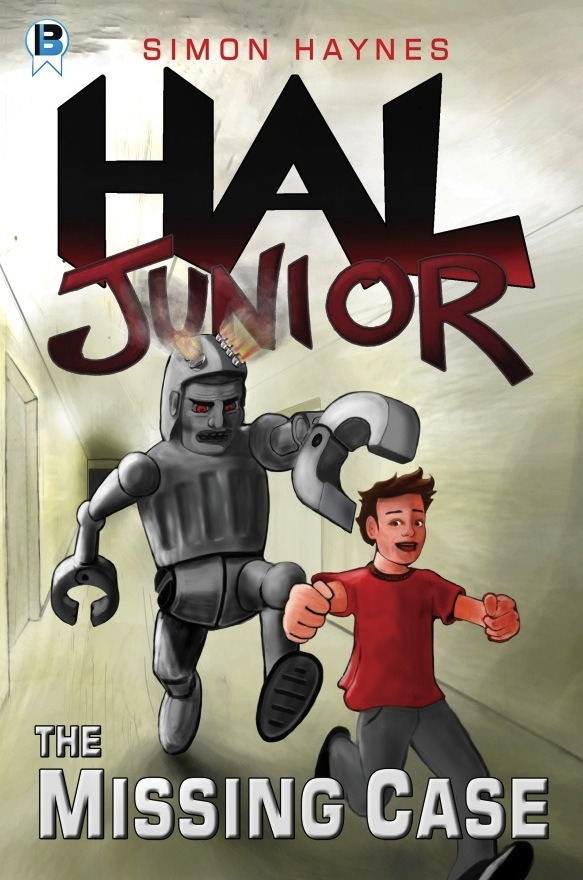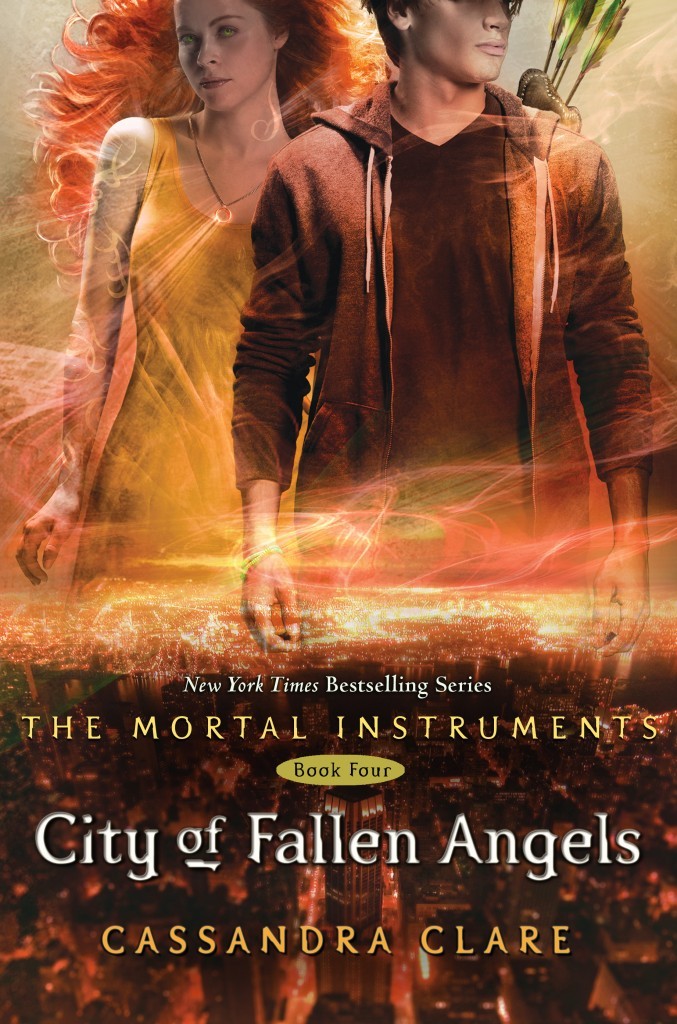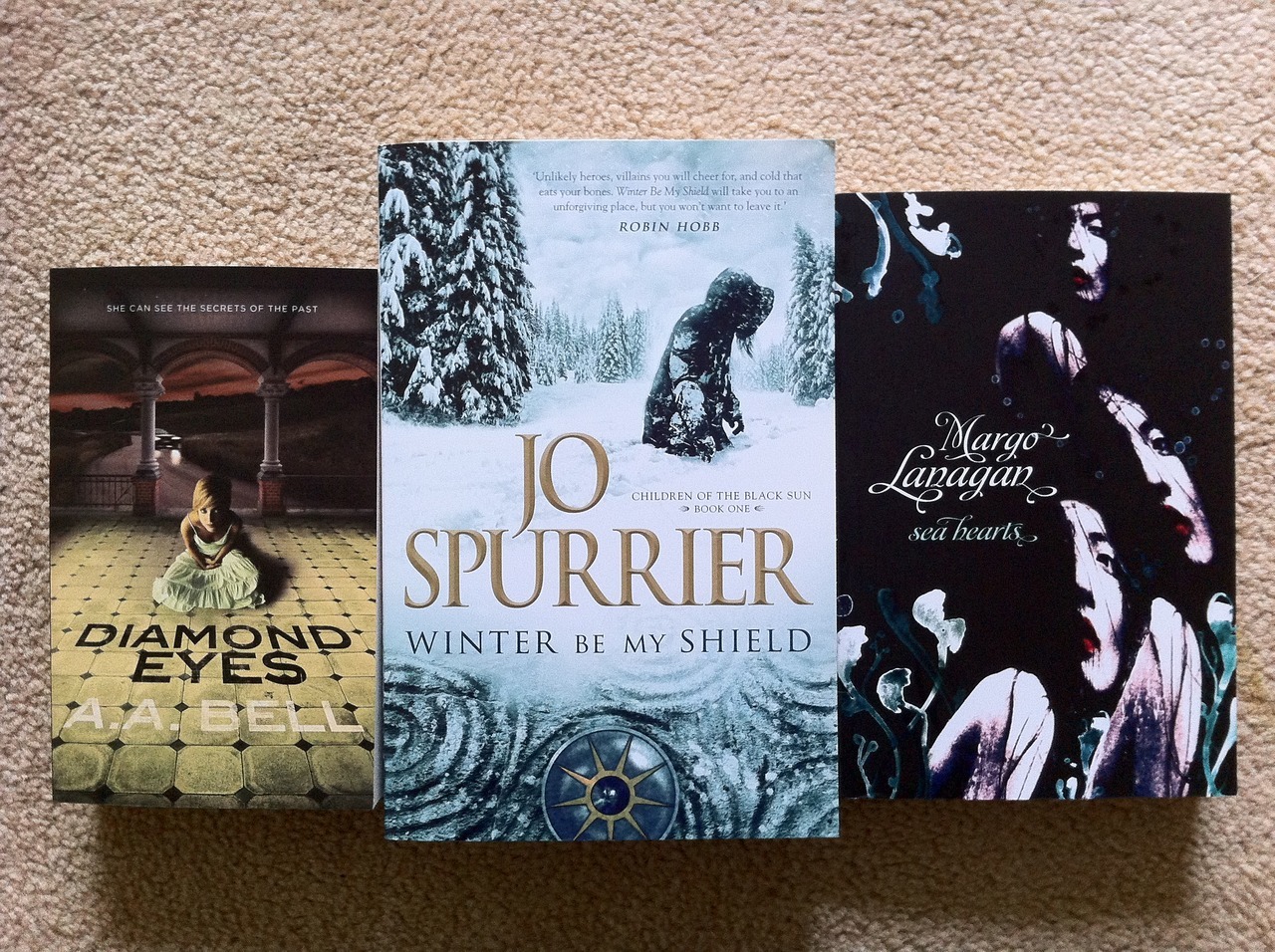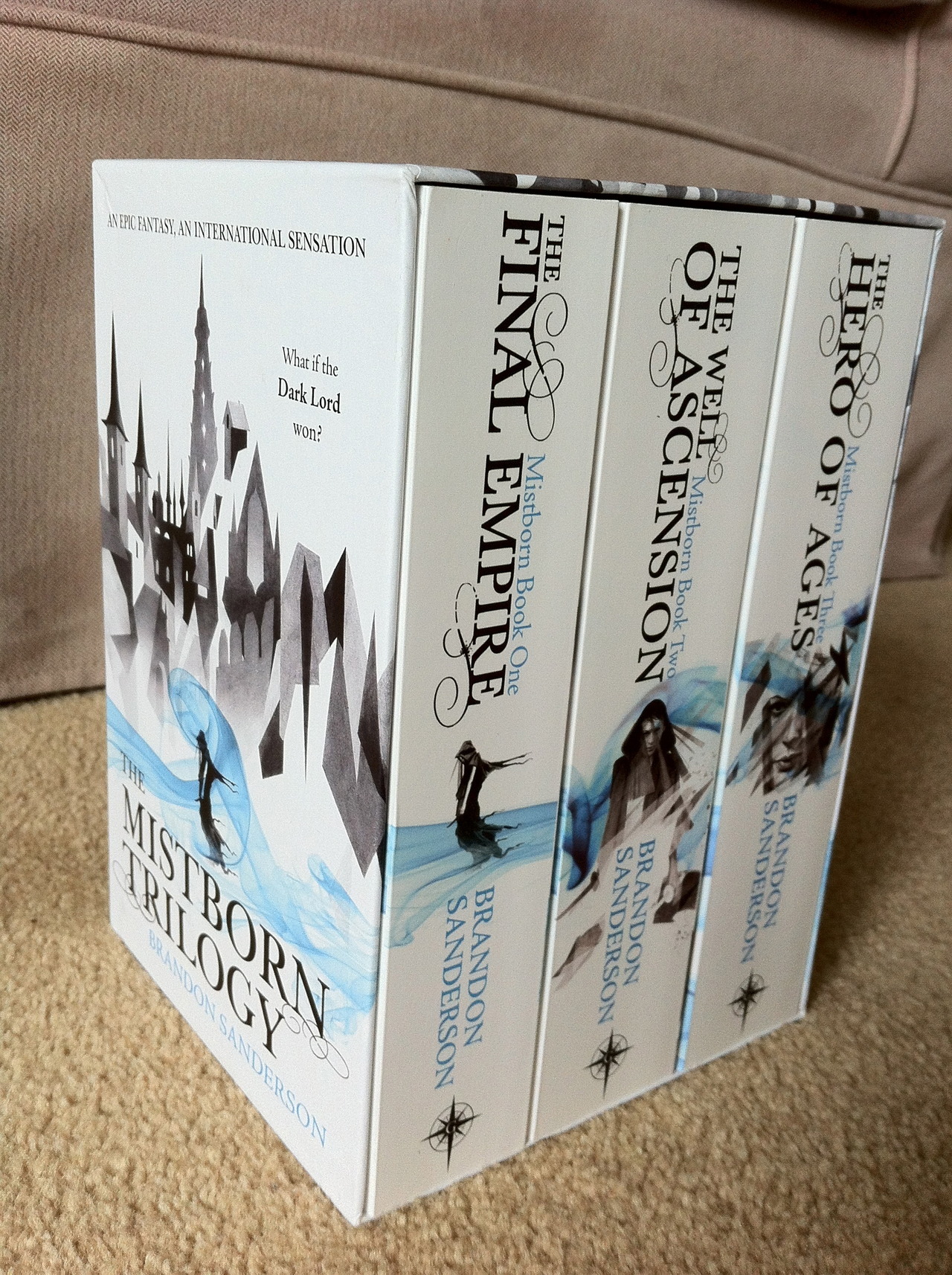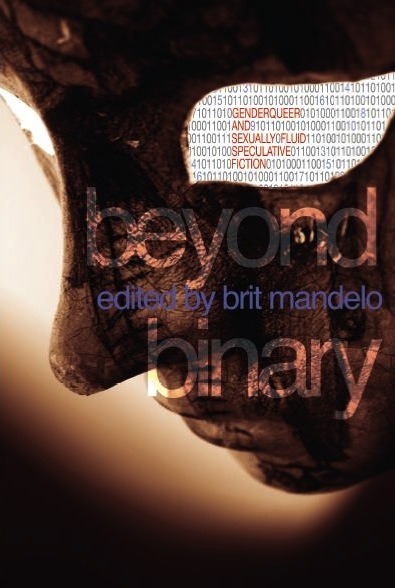🍾🥂🎆🎇🎊🎉
2017 was a tiring year for me. Not as bad as 2016, so that's something. But I still ended up reading less than I would like. Which is hardly a disaster (and really, is more because of K-dramas luring me in than anything else).
I finished 83 books in 2017, not counting short stories that weren't part of an anthology or collection. From late September I challenged myself to read 100 short stories before the end of the year. They are all listed, with short reviews, at the posts below.
- 100 Short Stories Challenge: Stories 1 to 10
- 100 Short Story Challenge: Stories 11 to 20
- 100 Short Story Challenge: Stories 21 to 30
- 100 Short Story Challenge: Stories 31 to 40
- 100 Short Story Challenge: Stories 41 to 50
- 100 Short Story Challenge: Stories 51 to 60
- 100 Short Story Challenge: Stories 61 to 70
- 100 Short Story Challenge: Stories 71 to 80
- 100 Short Story Challenge: Stories 81 to 90
- 100 Short Story Challenge: Stories 91 to 100
I managed to reach my goal on the 29th of December, so that was nice. I don't plan to do a similar challenge in 2018, however, I realised that having a way of noting short stories on my blog without extraneous effort was very encouraging. In the past I have felt that reading random short stories took time away from reading books that I could then review here. After the short story experiment/challenge I have decided to keep posting short reviews of all the stories I read. I'm going to group them in fives, though, so that the post doesn't go up too long after I read the first in the batch. I'm going to keep track of them in a proper spreadsheet too, so I can do some nice stats on them at the end of the year.
Speaking of spreadsheets, mine has yielded the usual nice charts that I like to share at this time of year.
First off, lets talk about genre. I have been mainly in the mood for science fiction the past few months, so my genre pie chart is much more evenly split between fantasy and science fiction than usual. I didn't read as many comics this year either, so that wedge is a bit smaller. It's 43% each to fantasy and science fiction, 11% to superheroes and only 1% each to horror and other. And 1% lost to rounding, apparently.
Next up, there's forms. As I said, I didn't read that many comics, and even fewer anthologies or collections — although this is apparently an average percentage for me, something I'd like to improve on. My novella reading is up too. I think this is partly because the shorter form is appealing and partly because so many great novellas have been coming out.
The last pie chart I'm going to include is the gender one. Unsurprisingly, I'm still mostly reading books my female authors. "Multi", in the plot below, is for works with multiple creators of different genders.
One final plot that isn't pie-shaped. This is the plot of how many books I read per month. On average, I read about seven books per month (well, 6.9 if you want a little more precision).
🍾🥂🎆🎇🎊🎉
The last thing for this post is to talk about resolutions for the new year. I did a pretty abysmal job at keeping track of challenges this year. I did participate in the Australian Women Writers Challenge, again, but other than submitting my reviews to the challenge I didn't really make much of a fuss over it.
I am not going to do any challenges in 2018 except for the basic Goodreads challenge (which I've set to 100 bookthings). I do want to make a new year's resolution to read more anthologies and collections that are already in my TBR. When I started doing the short story thing, I took stock and realise how startlingly many anthologies I own that I haven't even made a start on. That's something I'd like to fix.
🍾🥂🎆🎇🎊🎉
What about you, readers, what are your reading goals for 2018?
















